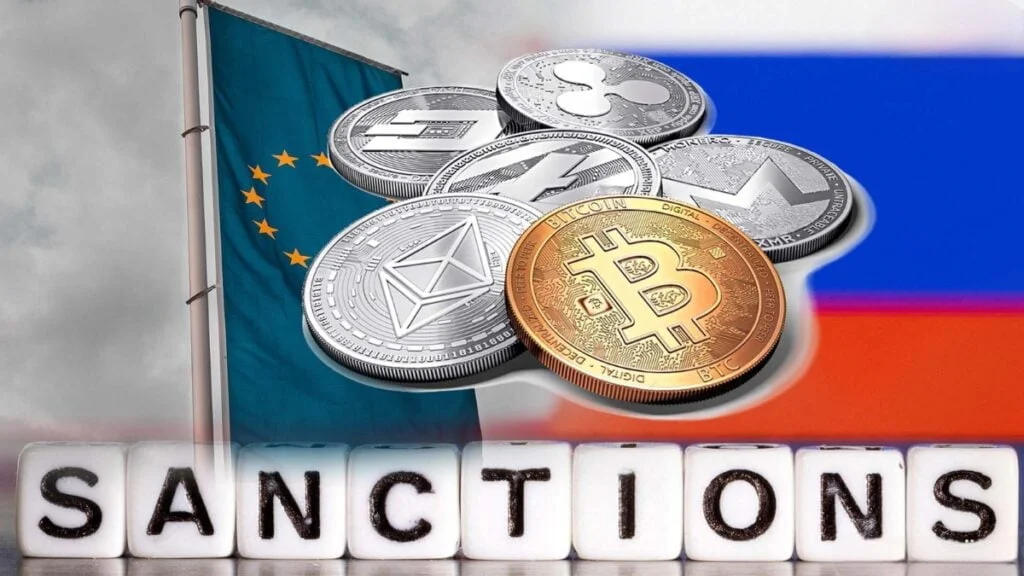The Monetary Authority of Singapore has stated that the country’s cryptocurrency exchanges must abide by the economic restrictions imposed.

All approved cryptocurrency exchanges in the nation were reminded to abide by the financial restrictions put in place against Russia by the Monetary Exchange of Singapore (MAS), the nation’s central bank and financial regulator.
This declaration follows investigations that showed pro-Russian organizations generated millions of dollars in cryptocurrency donations in favor of the ongoing conflict in Ukraine and tighter international financial sanctions against Russia. Singapore’s choice aligns it with the sanctions against Russia that the European Union originally put in place earlier this year.
The sanctions first restricted crypto payments between the EU and Russia to about $10,000.The most recent limitations, nevertheless, in early October tightened controls even more and outlawed “all crypto-asset wallet, account, or custody services, irrespective of the amount of the wallet.”
Along with the restriction on any fundraising for any activities that could benefit the Russian government, MAS implemented measures targeted at Russian banks and other companies having a presence in the nation around the time the EU introduced its first round of sanctions. Since the commencement of the conflict, cryptocurrency exchanges and similar platforms have been following sanctions on Russia.
This past month, the well-known cryptocurrency exchange Kraken blocked all accounts connected to Russia and closed its doors to users from that nation. Similar to Dapper Labs, which shut off all Russian user accounts. The action stopped money withdrawals and forbade the sale, purchase, or gifting of non-fungible tokens (NFTs) by accounts associated with Russia.
Most recently, Chagri Poyraz, global head of sanctions for Binance, said in an interview that the business is making great efforts to abide with EU regulations while still providing the best possible service to its users. As a result, a large number of Russian customers are moving to nearby nations like Kazakhstan to continue using services that were previously accessible to them.
